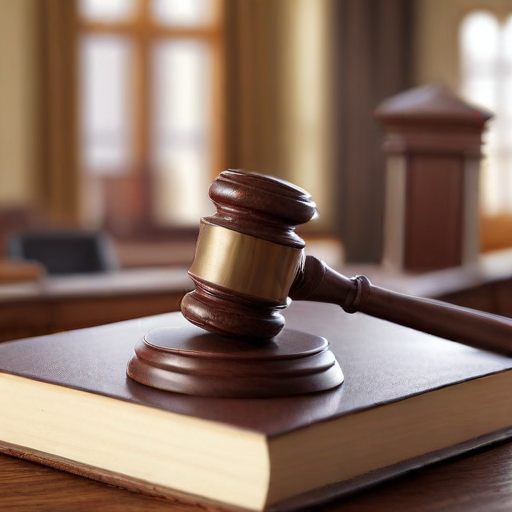Former Congressman Matt Gaetz, nominated by President-elect Donald Trump for the position of Attorney General, is facing scrutiny due to a series of allegations involving illegal drug use and sexual relations with underage women. Despite longstanding rumors and an investigation by the House Ethics Committee reportedly containing damaging information, Gaetz has not faced any criminal charges and has consistently denied all wrongdoing.
As potential head of the Justice Department, Gaetz’s responsibilities would include overseeing a large team of attorneys and special agents, as well as representing the federal government in significant legal matters. Trump, who nominated Gaetz on November 13, praised him as a staunch defender of the Constitution and the rule of law. Gaetz has a history in politics, previously gaining election to both the Florida House and U.S. House, where he positioned himself with libertarian views and fervently supported Trump during controversial moments, including Trump’s first impeachment.
The allegations against Gaetz stem from the arrest of Joel Greenberg, a former friend and political figure, on charges related to sex trafficking. Greenberg pleaded guilty to several felonies and reportedly cooperated with the Justice Department’s investigation into Gaetz. As part of the inquiry, investigators examined if Gaetz engaged in statutory rape and potentially involved a minor in unlawful interstate travel. Although the Justice Department concluded its investigation without filing charges, Gaetz remains embroiled in additional scrutiny from the House Ethics Committee.
The ongoing investigation has included testimonies from multiple women who allege inappropriate conduct from Gaetz, including claims of showing explicit materials to colleagues and misusing official resources. Recent calls from lawmakers on both sides of the aisle demand the release of the Ethics Committee’s report, which was anticipated to be released shortly before Gaetz’s recent resignation from the House.
Several Republican and Democratic lawmakers have voiced the necessity of transparency regarding the allegations, with Senate Judiciary Committee members emphasizing that the Ethics report would play a crucial role in reviewing Gaetz’s nomination. Despite the controversy, Gaetz’s supporters assert that he has been cleared of wrongdoing by the Justice Department.
Moving forward, Gaetz’s confirmation process appears bound to be contentious, with various senators already expressing discomfort with his nomination. The Senate Judiciary Committee will examine his qualifications and transparency issues surrounding the House investigation could heavily influence his prospects for confirmation.
This situation highlights the ongoing tension between political allegiances and ethical accountability, as well as the increasing demand for transparency in government. As investigations and confirmations proceed, it is essential for the integrity of the Justice Department that any potential nominee is thoroughly vetted, reflecting the will of the constituents they represent.
In summary, Gaetz’s nomination is set against a backdrop of serious allegations that demand public scrutiny, possibly leading to significant implications for governance and the rule of law. The outcome of this situation could serve as a pivotal moment, not only for Gaetz himself but also for the standards expected of future government officials.
